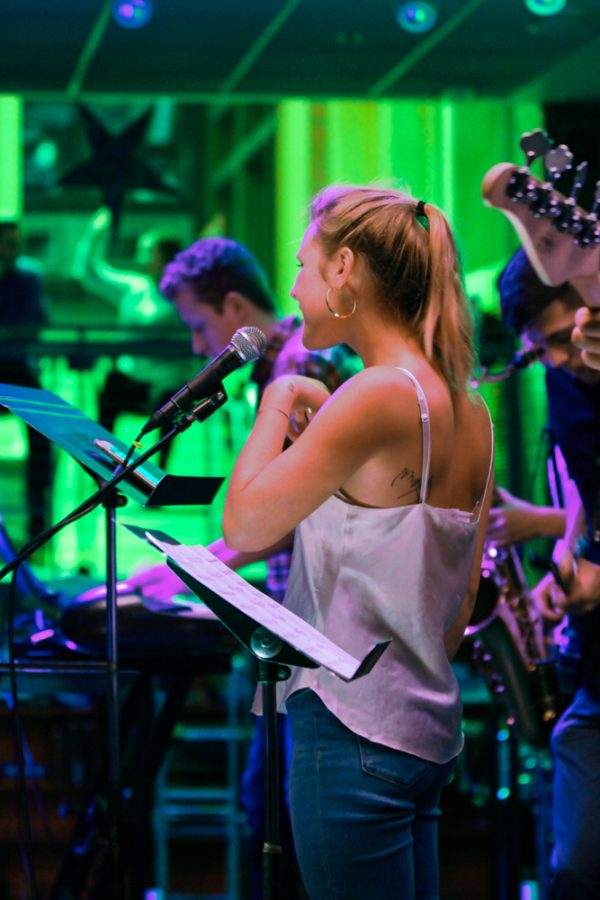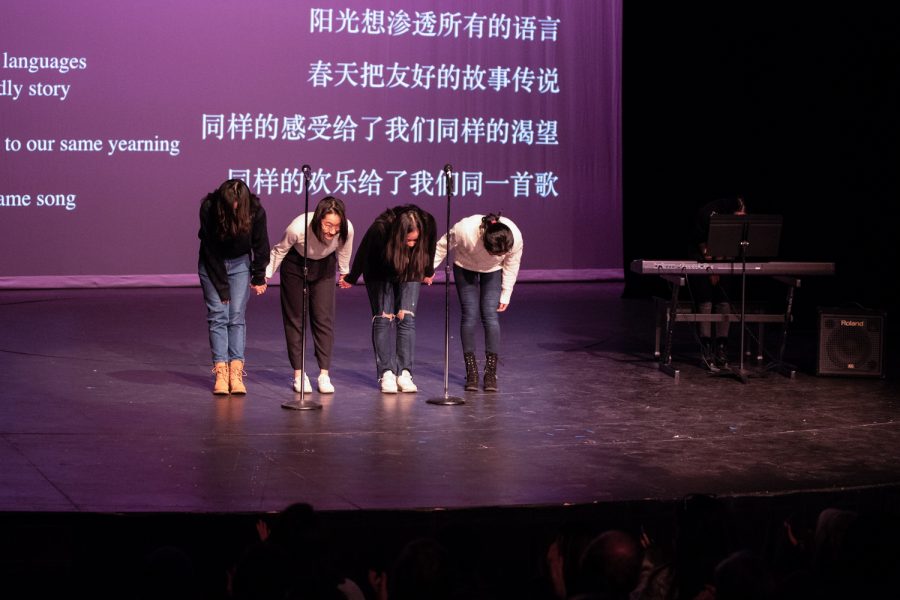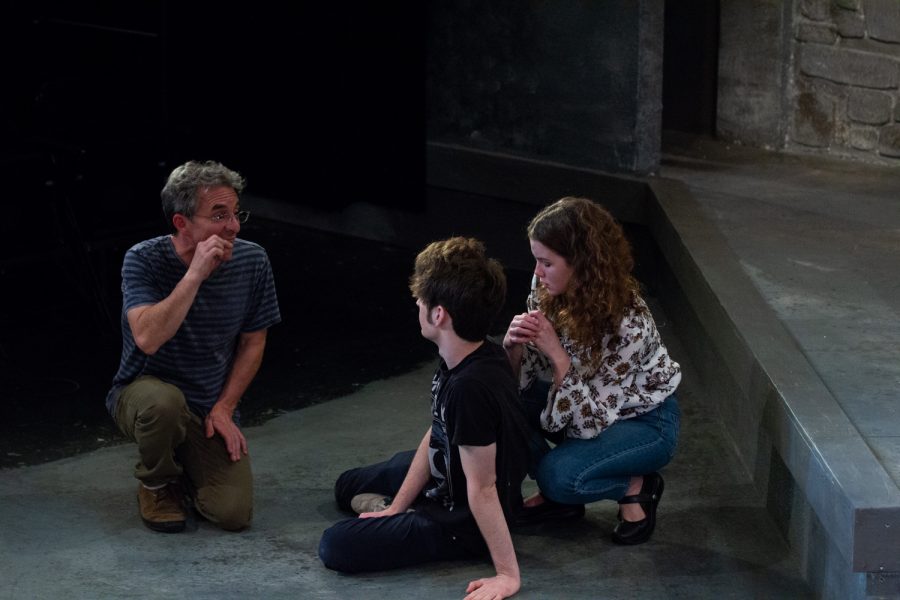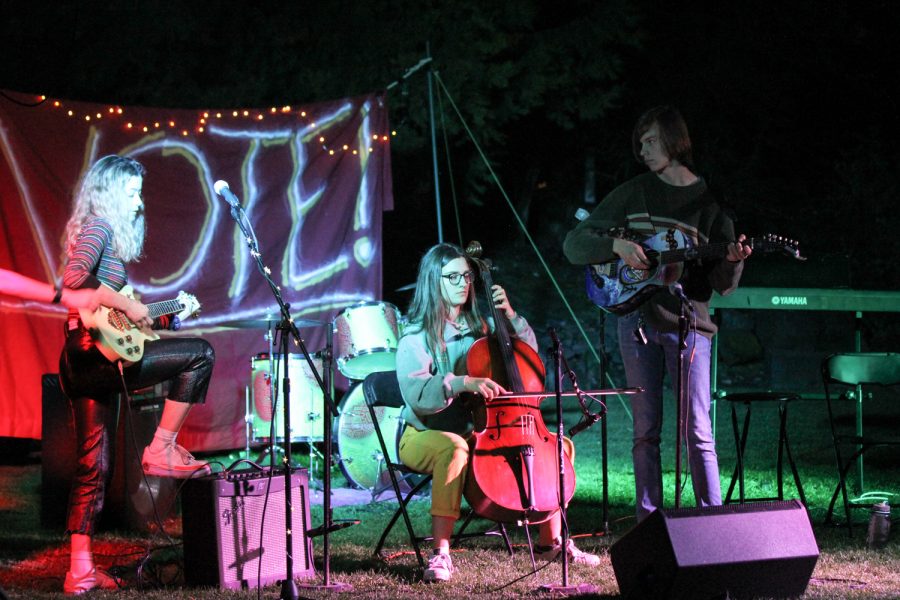
With finals giving way to a welcome month-long break, many Whitman students found peace of mind in their escape from stressful college life. However, with the start of the new semester, stress is returning in full force, and students will have to look elsewhere for that inner calm. Perhaps they will find it through meditation, like senior Sebastian Lowe. Lowe has been meditating since middle school, and since then the practice has served as an integral part of his identity.
“The figure that got me interested in meditation was the same person that got me interested in philosophy and science and religion, my grandfather,” said Lowe. “It hasn’t always been a consistent part of my day, but it’s always been a consistent part of my life.”
While Lowe’s practice of meditation may be steady, his reason for doing so may change.
“Sometimes I feel like I do it for a very specific reason, like reducing stress and centering myself. Other times I feel like it’s just part of my natural tendency and I have to do it, the way other people have to be outside or they lose their peacefulness,” said Lowe.
When at school, Lowe meditates three hours a week. However, Lowe admits that others can receive a state of mind comparable to that of meditation through other practices, such as outdoor exercise like playing sports or going on hikes. Still, he continues to meditate for reasons even he does not fully understand.
“There’s a part of doing it that transcends reason in the way that some people don’t necessarily have a reason to go on living or to go on breathing,” said Lowe.
While the exact reasoning for meditation may escape him, Lowe still engages in his practice and teaches it to others with the goal of bringing what he calls “relaxed readiness and peacefulness of meditation into daily life” to the forefront.
“It’s all well and good to be centered when you’re sitting or walking around, but if it doesn’t transfer into daily practice, then the relevance of [meditation] is limited,” said Lowe.
Lowe believes that this state of mind is especially important for Whitman students, who often get caught up in their world and lose sight of what is important.
“I think Whitman college students have a large tendency to understand their identity in terms of the work they do and their relations to people, [but] if there’s no lucidity in all that business and all of that work, then we take on this machine-like quality where we’re doing a lot but we’re not necessarily living while we’re doing it … it’s always what comes next,” said Lowe.
Lowe also leads a meditation group on campus, which meets thrice weekly in Prentiss Hall. He uses an open democratic system, which allows each of these meetings to play out differently. There is no set plan for each day; the group members collectively decide the type and details of the day’s meditation before each session. Often, these meetings breaks common conceptions about meditation.
“The whole thing is not done in silence … it’s possible to have a discussion component to the club,” said Lowe. “We meditate for around 20 minutes, and people are free to read some texts that they want to bring in, say a few words or express some ideas.”
The club does not only engage in sitting meditation, but also walking meditation, depending on what the group decides on for that meeting.
“We walk in a circle at varying speeds for about five minutes or five rotations … we try to pay attention to the process of walking itself and keep our minds sharp and flexible,” said Lowe.
Each year for over a decade, Whitman students who practice meditation have traveled to a monastery on Whidbey Island, Wash. to spend spring break essentially living as monks. The students limit technology use, rigorously maintain their living quarters, eat formally and quietly reflect when not meditating. Lowe has attended the trip twice. In 2012 he went as a participant and in 2013 he was a trip leader.
“It gives someone a sense of what it’s like to live in a very different way from the academic setting,” said Lowe. “It’s also a chance to move more deeply into meditation practice, because it’s actually built right into the fabric of daily life there.”
Overall, Lowe seeks that true essence of living that often escapes preoccupied students: joy.
“I think meditation can bring us back to our authentic feeling of presence as we go about our lives and [help us] find joy in these activities which would otherwise be somewhat stressful,” said Lowe.














:) • Jan 31, 2014 at 6:03 am
I have been meditating since high school but oftentimes I found myself struggling identifying the true meaning of meditation; I am able to reduce stress through meditating, but I sometimes wonder whether I am only escaping from the reality. so I tried to reflect on my own life experience and sink myself into past memories instead of letting my mind float in the middle of nowhere. By doing so I always learn new things out of past experience and generate new thoughts on things I am currently going through.
I agree that meditation should not be reduced to silence and stillness, that would reduce its inspirational nature. However, we should notice that the impact of conversation should not transcend the power of individuality and independent reflection. Communication is meaningful, but every meditator should learn to create his or her own peaceful inner world.